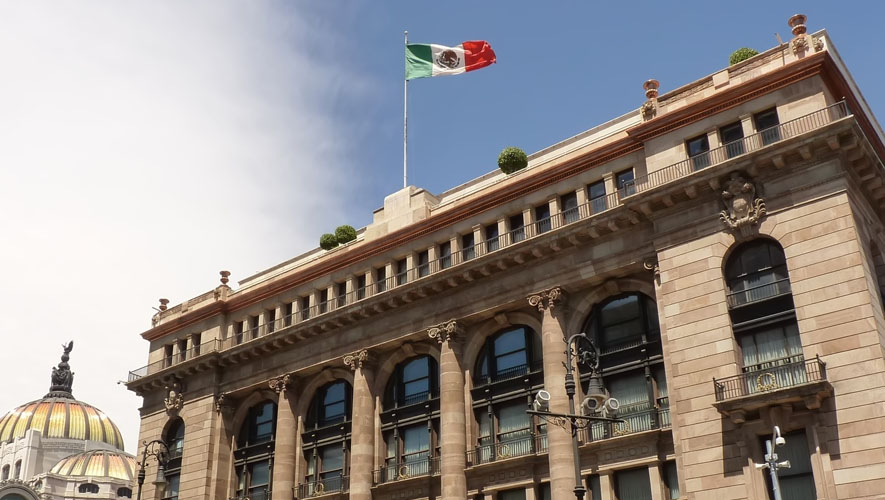Banks like Banco de Mexico have repeatedly expressed their unwillingness to accept the cryptocurrency as legitimate. In 2014, the bank expressed its negative views on Bitcoin, saying that it did not recognize digital currency as legal.
They also prohibited any financial institution within the country from engaging transactions with the digital currency because of the risks they believed that the type of currency transactions was posing to their security.
During this time they made specific statements highlighting the reasons for this decision as listed below:
- Bitcoins are not legal tender as Banco de Mexico does not issue the currency or back it. As this is applicable to every other country outside of Mexico, it cannot be considered foreign currency either.
- Bitcoins cannot fulfill business obligations, as companies are not required to accept them.
- Bitcoins are believed to be used in criminal activities including but not limited to fraud and money laundering.
- The nature of digital currencies is highly volatile, as prices are not set, but rather speculated. Hence stability of price is not guaranteed.
- No regulation exists in which people who acquire bitcoins may recover their money. This is due to the lack of centralization, as there is no identifiable organization who issues the asset, and therefore there is no standardized way to recover losses stemming from their use.
In this regard, eFXto.com reports that Banco de Mexico’s view regarding the virtual currency has not changed drastically in 2017.
Commodity not Currency
During a recent presentation at the Mexican University, ITAM, the Governor of Banco de Mexico, Agustin Carstens, expressed that Bitcoins should not be classified as a legitimate currency, but rather as a commodity.
According to the local newspaper, El Economista, the Governor justified this view by stating that, unlike its paper currency counterparts, the digital currency did not have the backing of a central bank or government, and therefore could not be classified as a real currency. Like many others before him, he also brought up the “Issues of cybersecurity”, touching on concerns that other financial institutions share regarding the potential avenue that the digital currency provides for illegal activity. He stated that “there is nothing to ensure its accounting in the financial sector” perhaps referring to the inherent anonymity that using bitcoins provides during financial transactions.
Perhaps Some Hope for the Future
While such strong sentiments are being displayed, however, Banco de Mexico is not blind to the increase in market share and influence that this digital currency is having. This is particularly so, as many investors are cashing in on opportunities presented in the market of trading volatile cryptocurrencies. This is because they are now experiencing larger price movements due to the economic instability being experienced across the globe.
On that account, the Banco de Mexico has been exploring efforts of regulation of digital currencies or ‘financial technologies’ like Bitcoin. The Governor, in reference to Bitcoins, expressed his view that “technological development in the financial system cannot be the result of innovation alone” and indicated that innovation has to work together with financial regulations in order to find a place in the global financial market.
This shows that while skeptical to the ‘legitimacy’ of the currency, efforts are still being made to usher in the inevitable movement of these transactions into the wider Mexican society. And while they may never be considered as legitimate as paper currencies, Bitcoins may yet have a secure place in the financial world.
